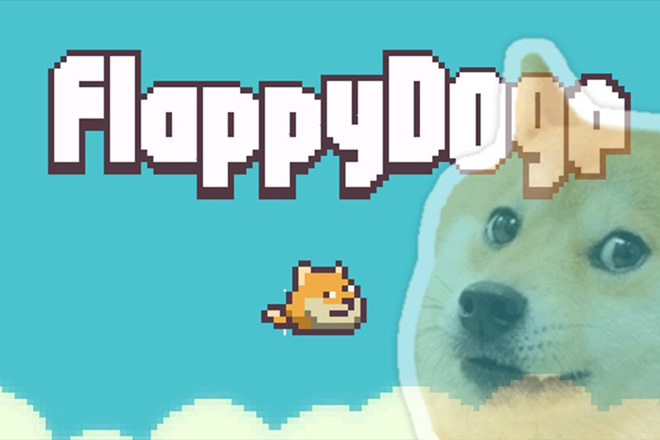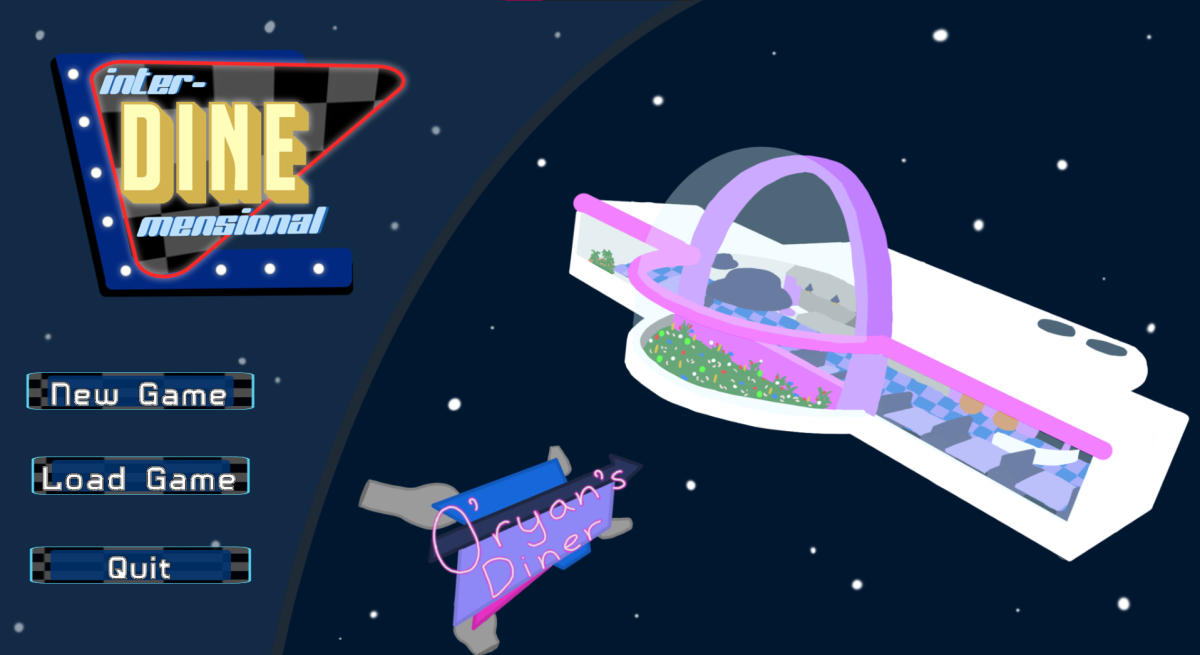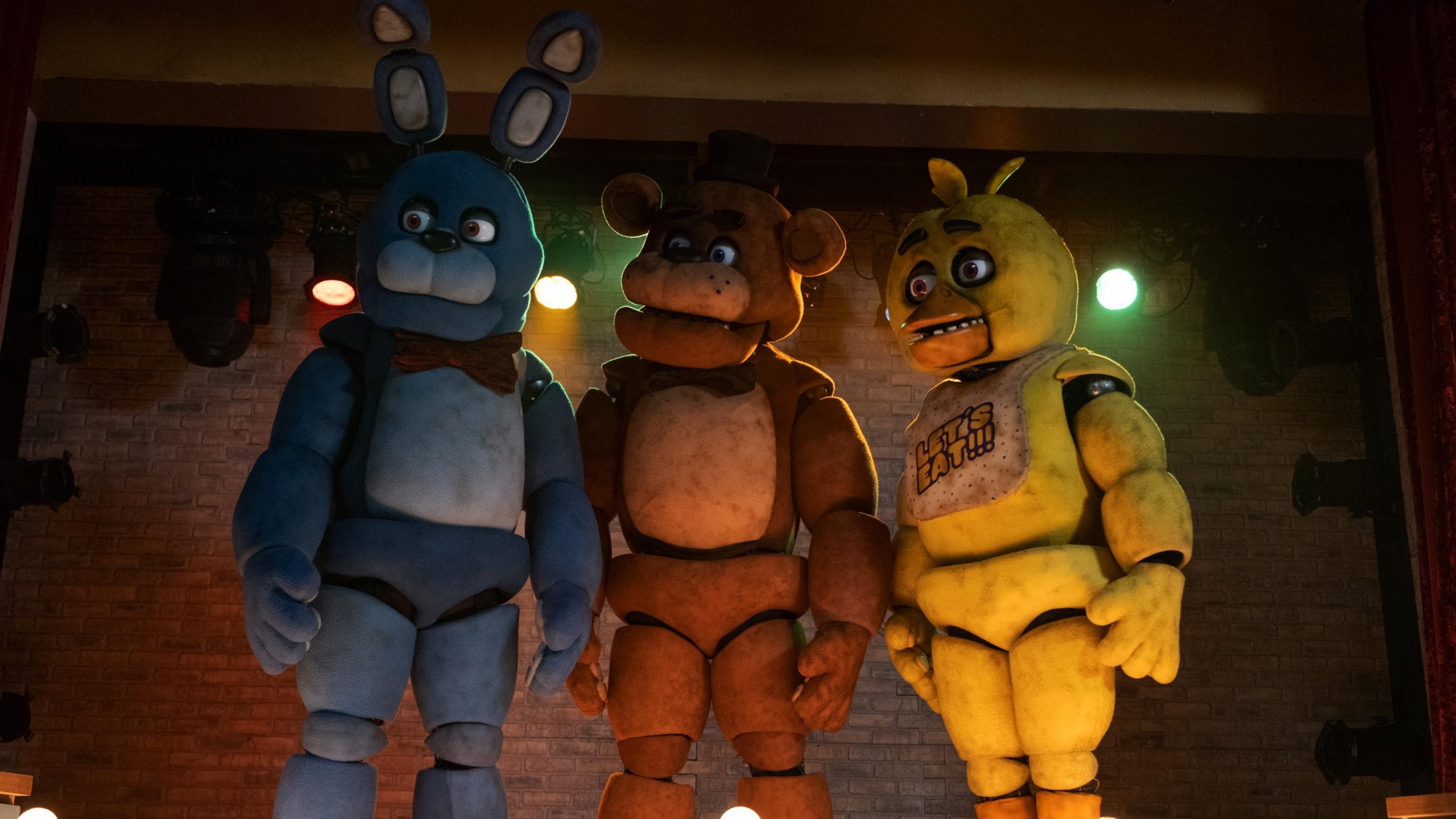
By: Eric Tran
The gaming industry has come a long way from what it was, and today it is apart of a huge market that is constantly growing. Today, more and more people seem to be playing video games. This market alone has made more than the music and movie industry combined. In December of 2018 GamesIndustry.biz reported that the global games market made about $134.9 billion and mobile gaming contributed to 47% of that.
Mobile gaming has such a broad range of its target audience from hardcore, to casual, and non-gamers alike. It’s very appealing to many because of being able to play games on the go.
The reason why this is the case, is because of how accessible smartphones are. A huge part of our population own smartphones. According to Statista, 2.1 billion people worldwide owned a smartphone in 2016, and that number is estimated to increase to around 2.5 billion by the end of 2019. However, as much as mobile gaming has been a huge part of the industry, it has had some negative effects as well.
Microtransactions are business practices where people spend real money to purchase in-game digital content. They are notorious for being in mobile games, especially when it comes to F2P (free to play). The problem with microtransactions is that they can sometimes negatively affect a game by giving players an unfair advantage. Some of these F2P games have become P2W (pay to win). What I mean by P2W, is that a game that is essentially F2P, now requires players to start investing real money for them to win.
KHUX (Kingdom Hearts Union X) developed by Square Enix, is an example of a P2W game. The game’s objective is to defeat monsters by using medals. Players can simply obtain stronger medals by buying them with jewels, an in-game currency players receive during quests, events, and daily logins. However, jewels can be simply purchased with real money through microtransactions.
Players might not be able to progress during certain quests or events and they’ll be at a disadvantage to those with more powerful medals. Wealthier people can spend cash and put in little effort while still being on top. This is how microtransactions turned KHUX and many other F2P games into P2W.
There are many games on the App and Play Store. By the end of 2018, the App Store alone had 298,455 games. However, the reason why there are so many is because a lot of them are essentially the same exact game.
Almost anyone can get their game on a mobile device because there is no quality assurance. With a lack of gatekeeping, there seems to be a lot of stolen ideas. Games at the top of the charts will sometimes be copied by others. These people will just make the same game and try to pass it off as the original one, and trick consumers into using or buying their product.
In 2013, Dong Nguyen created a popular game called Flappy Bird. Players controlled a bird while trying to get past as many pipes as possible without touching them. Flappy Bird became a hit sensation and soon the app stores were flooded by poor imitations. People barely took the effort at all to change anything and just slapped a different skin on and called it something else.
Other popular games that have been at the top of the charts have had tons of knock-offs as well. But with the lack of curation, stolen ideas will just keep on continuing to be a norm.
The mobile gaming market has brought in a lot of revenue and has even gotten non-gamers to play. However, not all of the aspects of mobile gaming is great. The microtransactions and stolen ideas continue to hurt the gaming industry and these negative effects can’t be ignored.
If no one takes action against these practices, then things will probably stay the same and maybe it will worsen.
But, there are solutions that can help stop these practices. People who work on the Play Store and App Store can do a better job of quality assurance. They could crack down on developers who are profiting on other people’s ideas and only allow those who are serious and committed to making games to be on their platform.
As for the players, they can try not to spend money on microtransactions that affect gameplay. It’s impossible to stop people from spending money on a game. However, if enough people can stop spending, then it could negatively impact a game’s revenue. This can send a message to the developer and let them know the players want change. Simple things like leaving an honest review and warning others can be a great help too. Implementing these practices can help reduce the negative effects on the gaming industry.

February 16, 2024
February 16, 2024

February 16, 2024

February 16, 2024
Trending Stories
Mobile Gaming's Effects on the Gaming Industry
May 19, 2019
Leave a Comment
More to Discover














